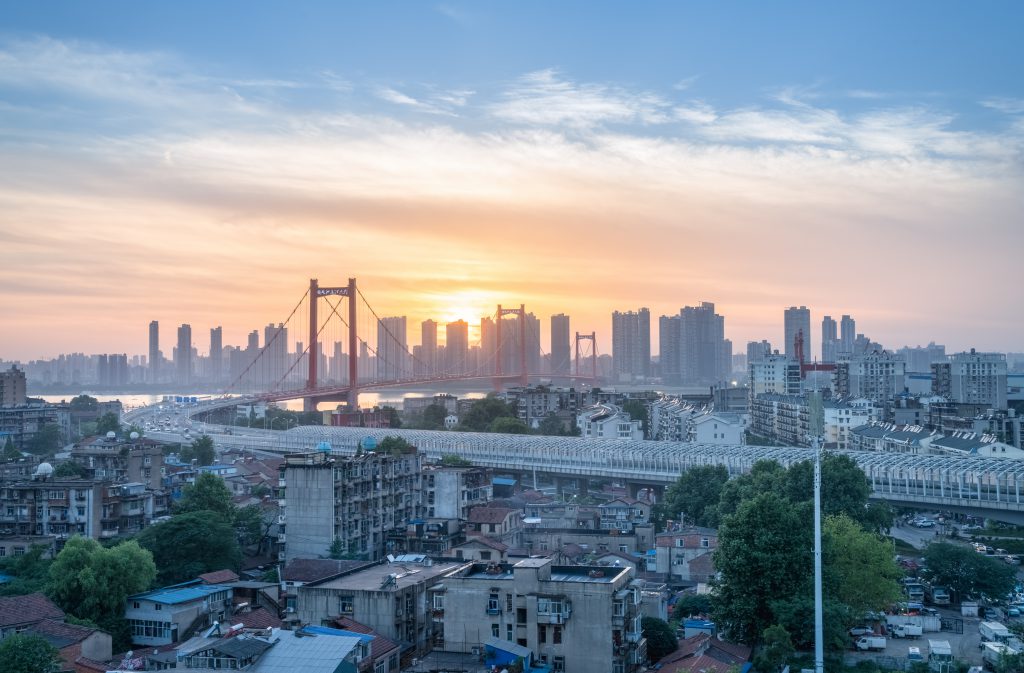Series of Black Swan events paint gloomy picture for Canadian economy

wuhan parrot shoal yangtze river bridge in sunset, hubei, China
by David Duval
Thirteen years ago, Nassim Taleb, a Lebanese-American scholar, former option trader and risk analyst, published a book titled The Black Swan. The book focused on the extreme impact of rare and unpredictable outlier events and humans’ tendency to find simplistic explanations for them – something he called the Black Swan theory.
The financial crisis of 2008 is one such event and transpired despite former US Federal Reserve Chairman, Ben Bernanke, assuring Americans the economy wasn’t at risk. Without coordinated Central Bank intervention, the world economy would have likely slipped into a 1930s-style depression with catastrophic consequences.
The parallels today to these time periods are alarming with the DOW selling off a record 2,000 points (almost 8%) in one day and oil prices falling by over 30% almost overnight. Adding to these unprecedented market pressures is what seems to be an upcoming pandemic from the highly infectious coronavirus (COVID-19) which has ground parts of the Chinese economy to a standstill.
A week ago, I watched video footage from a drone flying over the virus’s epicentre in Wuhan, China – a city of 11 million – and there wasn’t a person in sight. With China being the world’s warehouse and also an importer of western-manufactured products as well, one can only imagine the impact on the global economy. Before the recent downturn in oil prices, global demand had already dropped significantly, partly due to the dire economic situation in China and its domino effect elsewhere.
Canada’s economic problems have been largely self-inflicted, with rail and road blockages impacting the daily lives of working Canadians – not to mention the national economy which has slowed to near recession levels. The future for our resource industries in particular looks bleak. Despite an 85% approval rate among First Nations in northwest BC, a few hereditary chiefs are holding up a major LNG pipeline and related infrastructure valued at approximately $40 billion – the largest single investment in Canadian history.
It’s hard to imagine a smooth way forward for the project when the chiefs are vehemently opposed to it and they have the backing of activist groups who are seen to be above the law and can blockade anything they want.
Equally as controversial and subject to widespread environmental resistance is the Trans Mountain Expansion Project that involves the twinning of the existing Trans Mountain pipeline and expansion of the Westridge Marine Terminal in Burnaby, BC. The pipeline is now owned by a federal Crown corporation which purchased it from Trans Mountain for $4.5 billion about two years ago. Since that time, the cost of the project has escalated from $7.4 billion to $12.6 billion. When the dust settles on this project – if indeed it ever gets completed – you can bet the final price is going to be a lot higher.
In terms of immediate impact, the coronavirus appears to be the most serious threat to Canada’s economy and the Bank of Canada has already responded with a half-point cut in interest rates, matching that of the US Federal Reserve. That might be perceived as good news by home buyers who are not immune to bidding up home prices with all that cheap money. The other side of the coin; however, is the threat of job losses in an economic downturn which would potentially cause highly indebted mortgage holders to default on their payments. Lower rates are bound to impact the strength of the Canadian dollar which will serve to make imports more expensive – especially anything from the US including vegetables and other foodstuffs.
Longer term, the decline of Canada’s oil industry and its resource sector in general poses the biggest risk to our standard of living which Canadians seem totally oblivious to. Driving this risk is the widespread, well organized, largely foreign-funded resistance to all things oil which has already led to the cancellation of $150 billion in Canadian and foreign investment.
These activists have virtual immunity to police action at federal, provincial and local levels, making a mockery of Canada`s rule of law. The unusual number of rail derailments, many of them involving hydrocarbon products, gets rarely a mention in Canada’s mainstream media, and what’s worse, there are ongoing jurisdictional disputes as to who should be investigating these derailments.
The timing of these Black Swan events couldn’t come at a worse time politically. Canada has a new parliament with the Liberals holding a comfortable minority. The Bloc Québecois will side with the Liberals to serve their own interests and not Canada’s. The NDP party is broke and could not afford to face another election.
If there’s a recession, a lot of previously indifferent anti-everything Canadians are going to face some serious hurt which might be what the doctor ordered!
